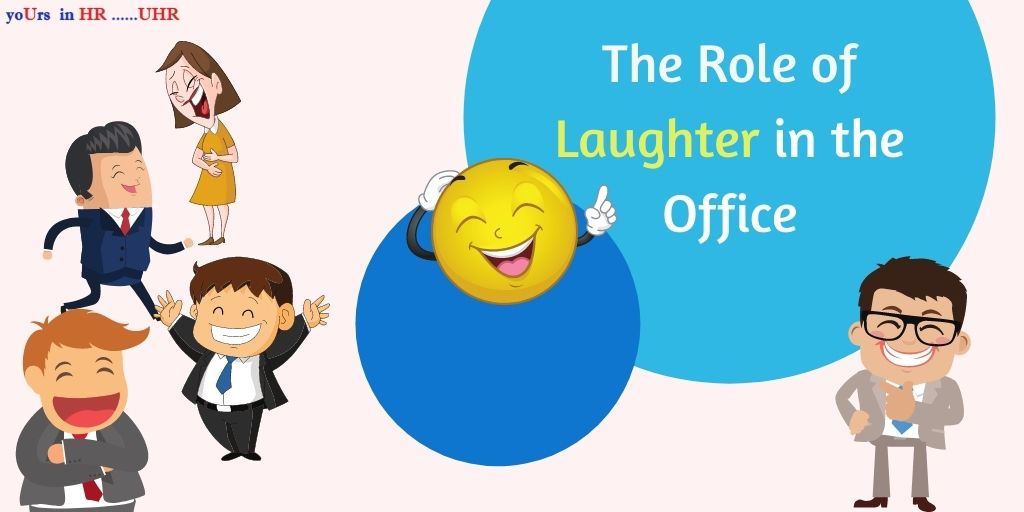
Gatherings of friends and family are punctuated by bouts of laughter and good-natured humour. The sounds of everyone having a hearty laugh light up dull days and gloomy evenings. But when it comes to laughter in the office, people tend to be a little prudish. We have written about the do’s and don’ts about humour in detail in one of our earlier articles. That was all about humour. Here, we are talking about laughter.
As we have mentioned in the article, a professional space has a much stricter code of conduct and a sense of decorum. Instances of humour might be around the office all the time but laughter, or loud laughter is something that is not heard very often. The tone of our voices remains hushed, and we try to keep a straight face for every interaction. In fact, expressing any range of emotions, forget laughing out loud is something that is often frowned upon. An article by Harvard Business Review charts out the experience of an executive. The executive was at a restaurant with his boss and a few investors. The boss might have said something funny and the executive let out a hearty laugh. To his surprise, everyone around him was taken aback by the laughter. Later when he asked his boss if the laughter had ‘embarrassed’ him, the response was: ‘It was pretty loud.’
Is there no space for a good hearty laugh in the office environment? A good hearty laugh is rare, and something that is rare shouldn’t cause embarrassments and problems, right? Why do we hesitate to laugh out loud in the office? Is it something we should keep in check, like our negative or overwhelming emotions?
Let us delve deeper and look at the angles this has.
Relieving the Tension, Boosting Productivity:
Simply put, the act of laughing out loud not only improves the atmosphere (even momentarily) but also induces various physical and psychological responses in the body. When we laugh, we increase our oxygen intake, release endorphin (the feel-good hormone), stimulate circulation and reduce the physical symptoms of stress. In other words, when we laugh, we take the focus away from the stress, and bring the focus to the present.
When the focus is on the present, it is naturally going to lead to an increase in engagement and productivity, spurring collaboration and creativity, boosting mental clarity and focus. An occasional laughing out loud not only relieves the tension at an individual level but also at a collective level. Where laughter is not frowned upon, there is a safe space to express ideas and drive them forward. This brings us to the next point.
The Humane Touch:
We often make assumptions and mistakes. What we thought was the perfect strategy might turn out to be not so perfect after all. In such situations, laughing at our own selves is sometimes the best solution to soften the blow. This could work especially well for leaders and people in upper -management positions. Laughing at one’s momentary incompetence and lapse of judgment humanises us. It lets the other team members and colleagues know that we are all humans at the end of the day, and prone to making mistakes. Laughing out loud about it can thus ease the tension and make the space feel safer as mentioned above. Laughing out loud is like laughing at the problem and telling it that no matter what, we shall not get bogged down.
But beware!
While laughter in the office space is not something to be frowned upon, and happy employees do the work happily, one should make sure that this happiness is shared by all. In other words, there are times when it is appropriate to laugh. But there are times when laughing out loud might reduce the confidence of a person, or it may make them feel disrespected or it might be just too crude a thing to laugh about. Context matters, as we pointed out in our earlier article as well. The point is to make a safe-space with laughter; the point is to laugh with someone, not at someone.
Laughing out loud in the workplace is a great tool to boost the three Cs: camaraderie, collaboration and creativity. It is a tool that can encourage a free flow of ideas. And simply, it can be a tool to relieve tension at an individual and collective level, humanising us all, and realising that no problem is insurmountable.


